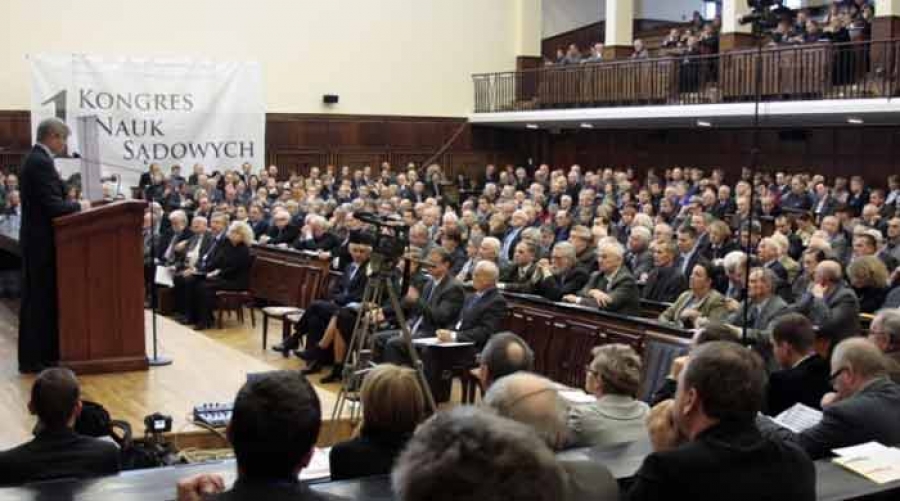


#PECUNIA NON OLET PRO#
Urbem neque pro maiestate imperii ornatam et inundationibus incendiisque obnoxiam excoluit adeo, ut iure sit gloriatus marmoream se relinquere, quam latericiam accepisset.Caesar did not utter a sound after Casca's blow had drawn a groan from him though some say that when he saw Marcus Brutus about to deliver the second blow, he reproached him in Greek with: " You, too, my child?" Twenty-three dagger thrusts went home as he stood there.Atque ita tribus et viginti plagis confossus est uno modo ad primum ictum gemitu sine voce edito, etsi tradiderunt quidam Marco Bruto irruenti dixisse: και συ τέκνον."Yes, they have come," replied Spurinna, "but they have not yet gone." Several victims were then sacrificed, and despite consistently unfavourable omens, he entered the House, deriding Spurinna as a false prophet.Dein pluribus hostiis caesis, cum litare non posset, introiit curiam spreta religione Spurinnamque irridens et ut falsum arguens, quod sine ulla sua noxa Idus Martiae adessent quanquam is venisse quidem eas diceret, sed non praeterisse.Again, during a sacrifice, the augur Spurinna warned Caesar that the danger threatening him would not come later than the Ides of March.Et immolantem haruspex Spurinna monuit, caveret periculum, quod non ultra Martias Idus proferretur.And to emphasize the bad name Caesar had won alike for unnatural and natural vice, I may here record that the Elder Curio referred to him in a speech as: "Every woman's man and every man's woman.".At ne cui dubium omnino sit et impudicitiae et adulteriorum flagrasse infamia, Curio pater quadam eum oratione omnium mulierum virum et omnium virorum mulierem appellat.That he had love-affairs in the provinces, too, is suggested by another of the ribald verses sung during the Gallic triumph:."Urbani, servate uxores: moechum calvom adducimus.Īurum in Gallia effutuisti, hic sumpsisti mutuum."

Ne provincialibus quidem matrimoniis abstinuisse vel hoc disticho apparet iactato aeque a militibus per Gallicum triumphum:.In the Pontic triumph one of the decorated wagons, instead of a stage-set representing scenes from the war, like the rest, carried a simple three-word inscription: I CAME, I SAW, I CONQUERED! This referred not to the events of the war, like the other inscriptions, but to the speed with which it had been won.VICI non acta belli significantem sicut ceteris, sed celeriter confecti notam.Pontico triumpho inter pompae fercula trium verborum praetulit titulum VENI.Caesar exclaimed: "Let us accept this as a sign from the Gods, and follow where they beckon, in vengeance on our double-dealing enemies.Tunc Caesar: "Eatur," inquit, "quo deorum ostenta et inimicorum iniquitas vocat.Well aware how critical a decision confronted him, he turned to his staff, remarking: "We may still draw back but, once across that little bridge, we shall have to fight it out." Caesar overtook his advanced guard at the river Rubicon, which formed the frontier between Gaul and Italy.Consecutusque cohortis ad Rubiconem flumen, qui provinciae eius finis erat, paulum constitit, ac reputans quantum moliretur, conversus ad proximos: "Etiam nunc," inquit, "regredi possumus quod si ponticulum transierimus, omnia armis agenda erunt.".Quotes The Twelve Caesars English quotations are taken from the translation of Robert Graves, as amended by Michael Grant: Suetonius The Twelve Caesars (Harmondsworth, 1979) ISBN 0140440720 Julius Caesar


 0 kommentar(er)
0 kommentar(er)
